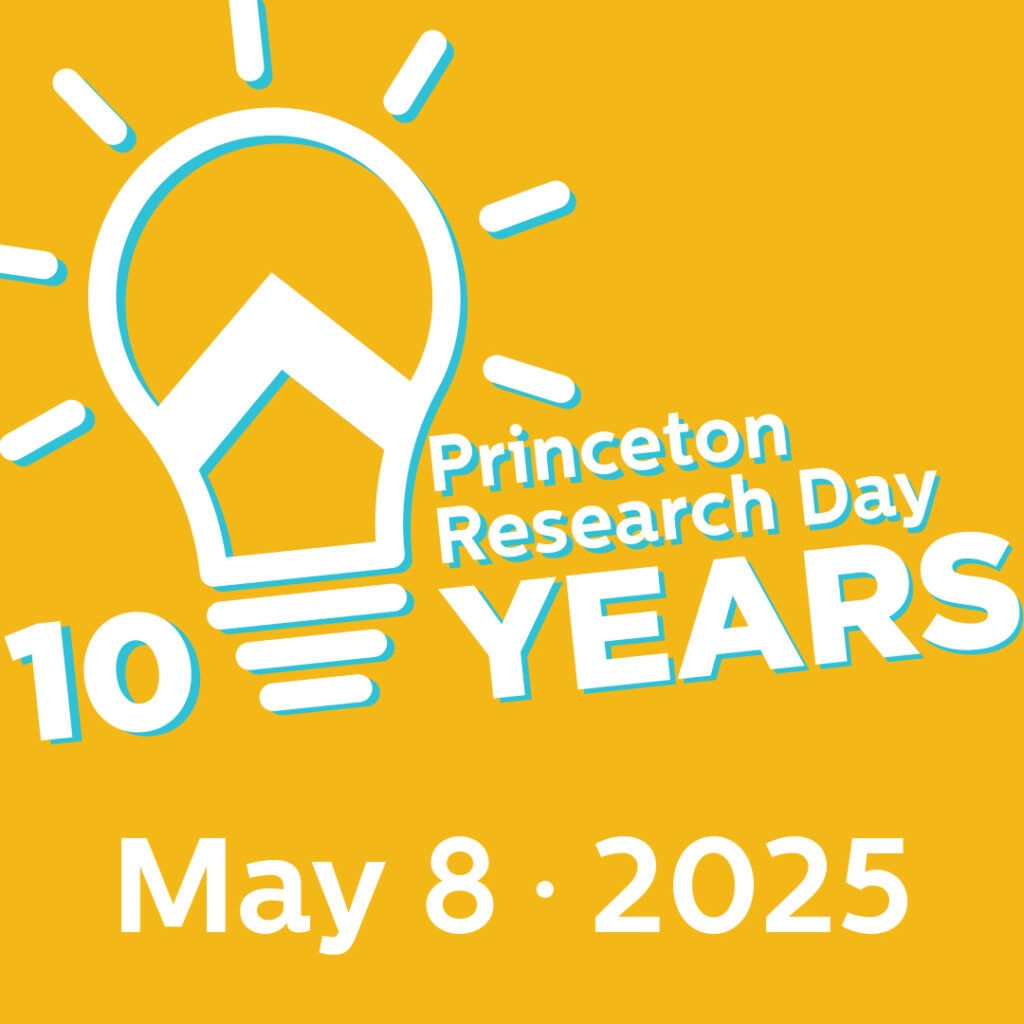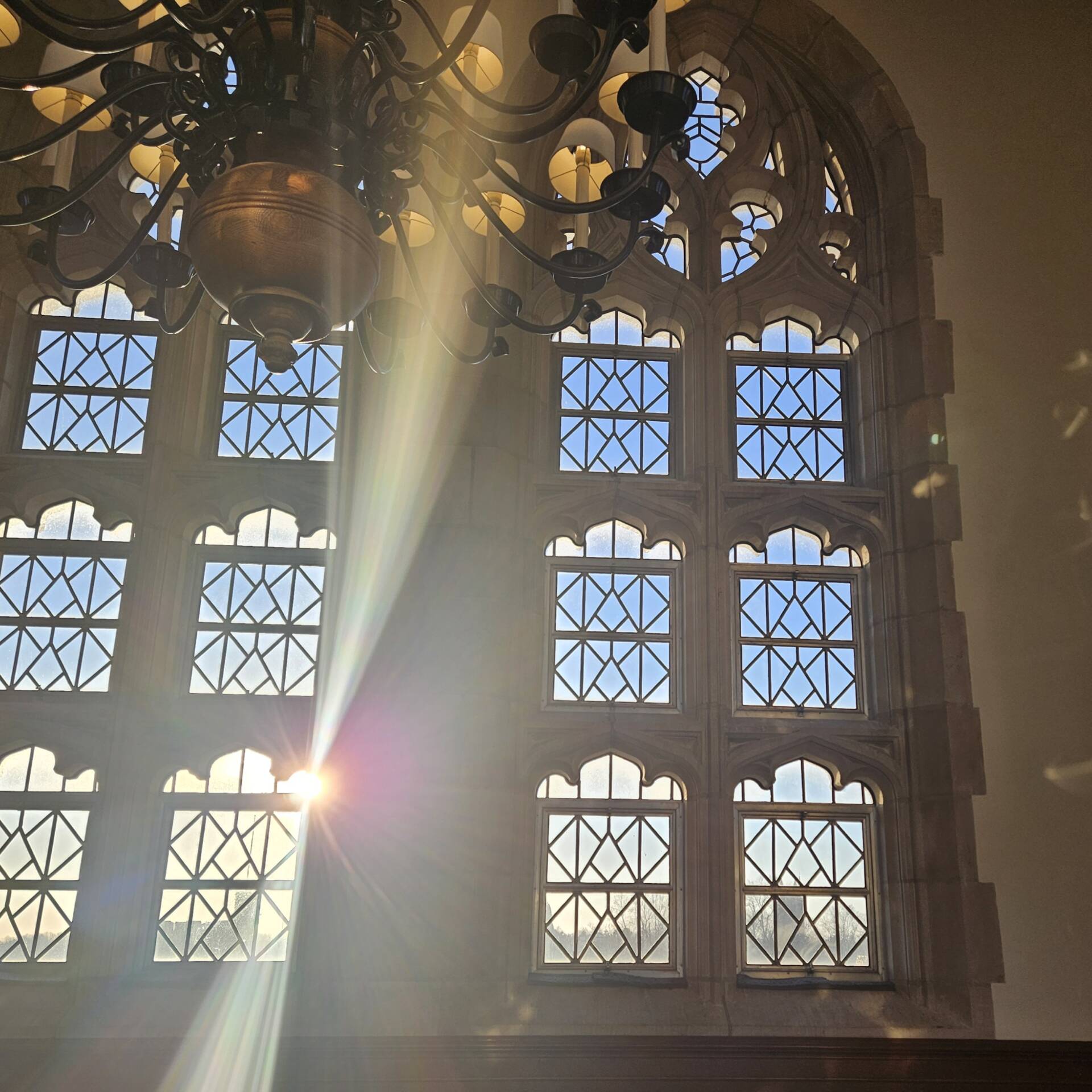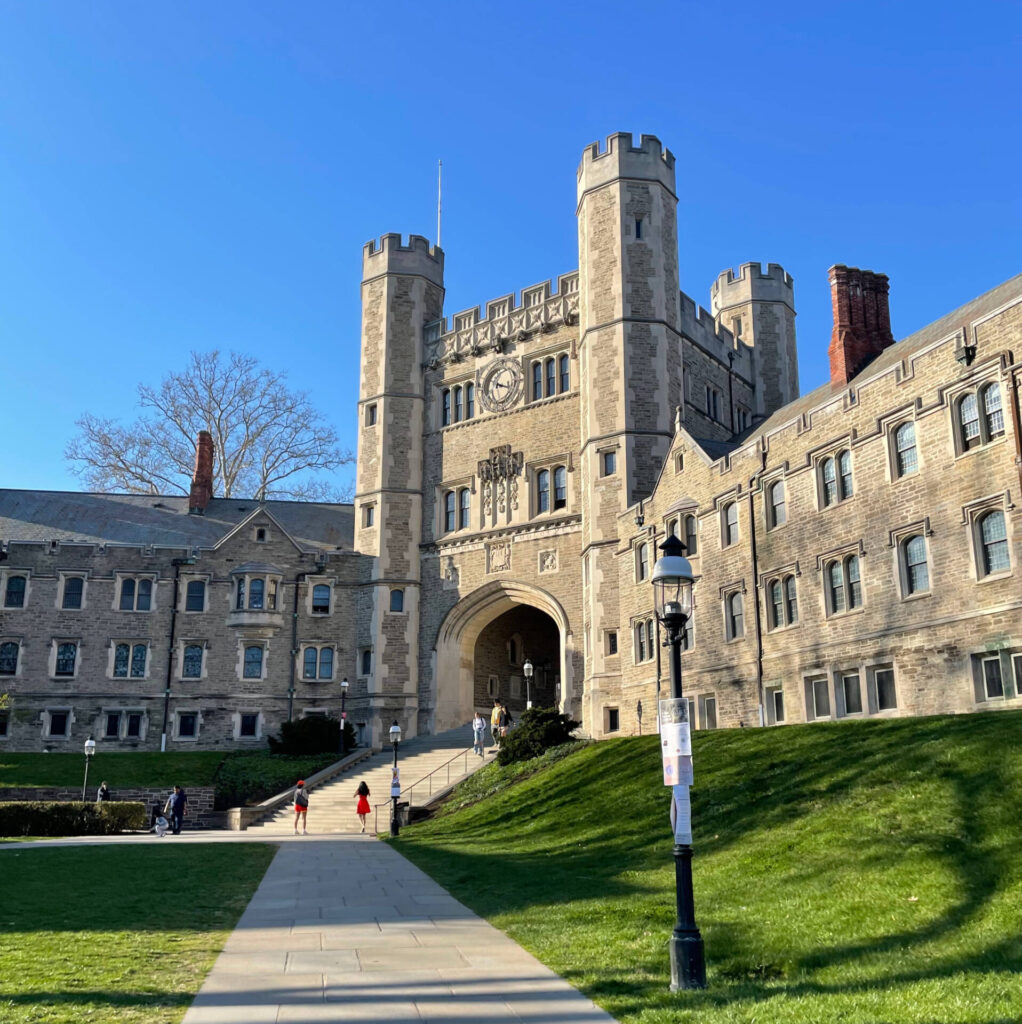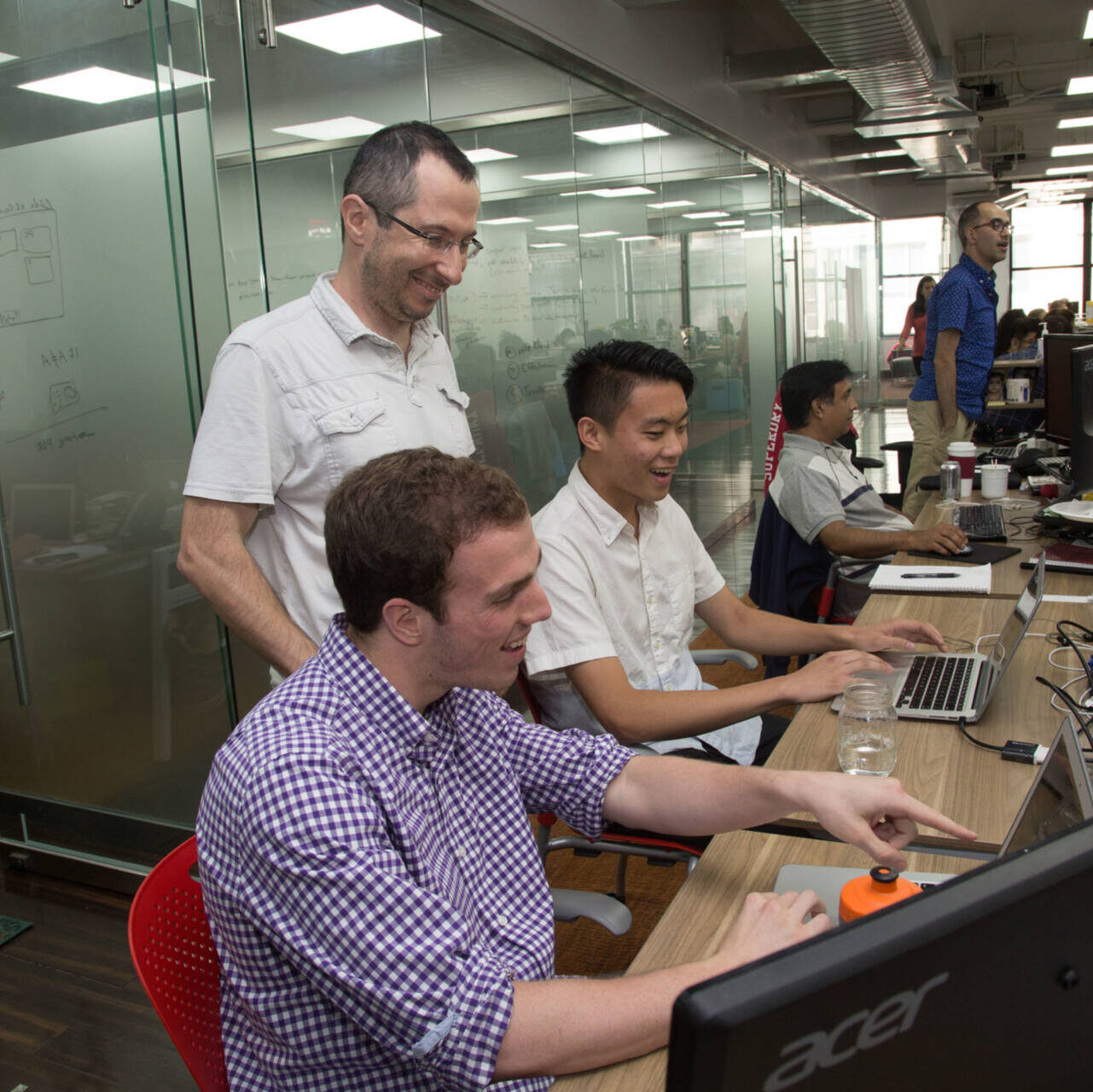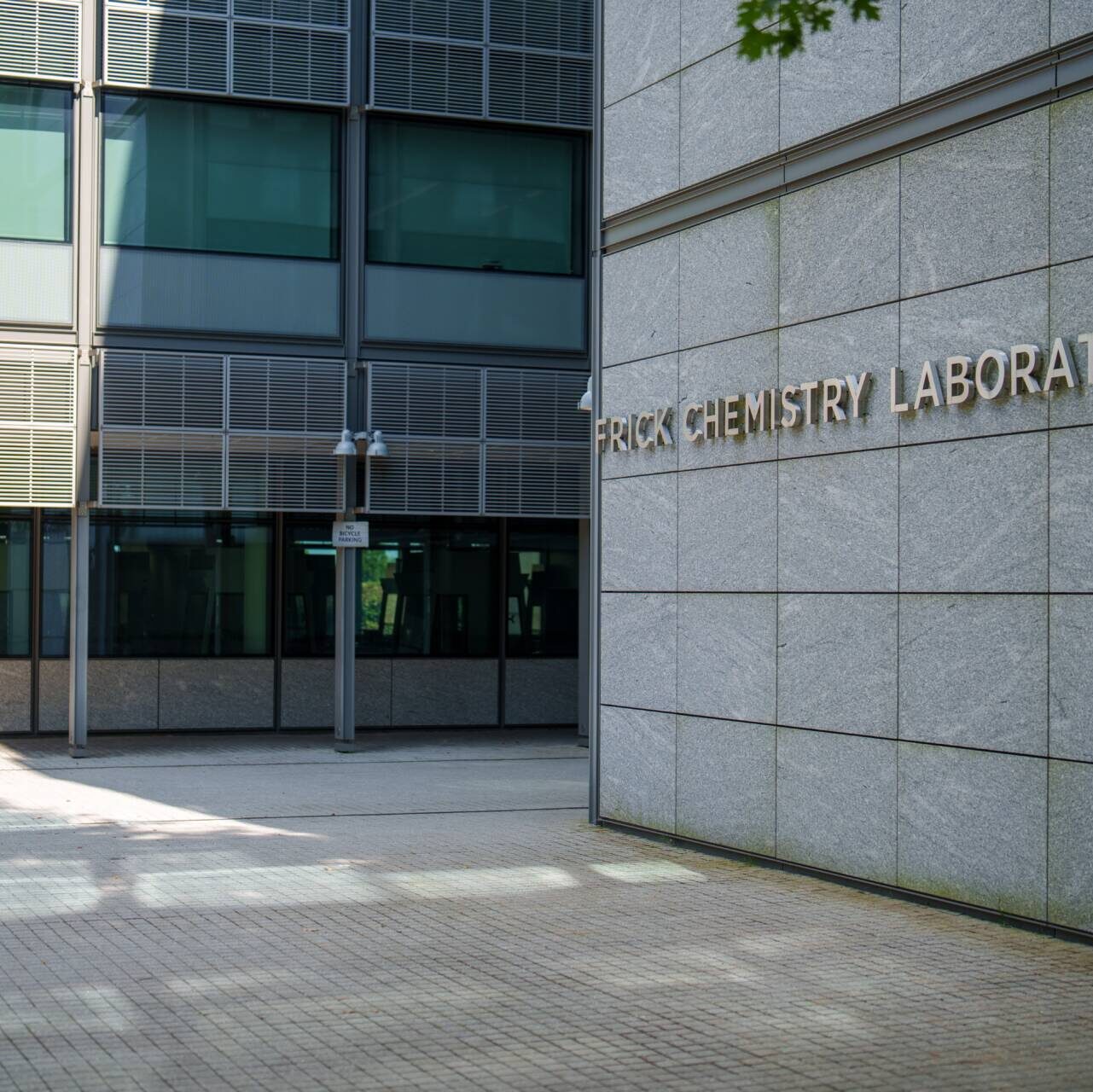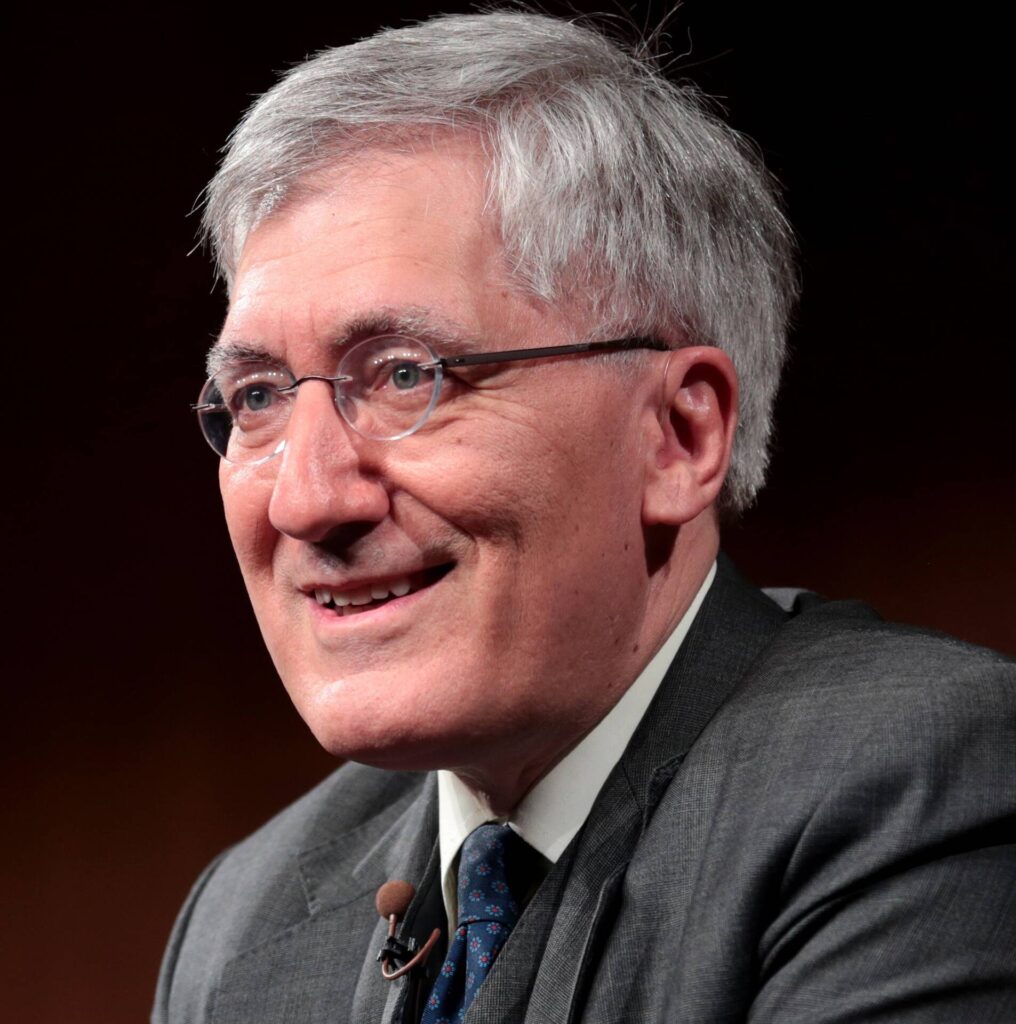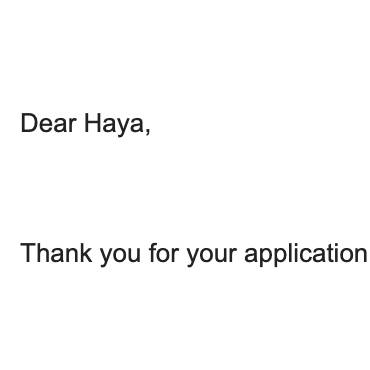
Spring is a bit of a bittersweet time for me every year. When the sun comes out, so does any brain cell willing to do work. Summer is right around the corner, and things just seem to drag–even in the quick Princeton semesters. However, that ‘summer right around the corner’ thought is not always an exciting one. With summer comes the prospect of internships, and perhaps more pressing: the lack of thereof. In a previous post, I discussed tips for applying to internships, but by now, you may have already heard back. If you have heard back and the email made your heart sink to your stomach, this post is for you. I’m here to remind you that internship rejections are not the end of the world.
Continue reading The Art of Bouncing Back

